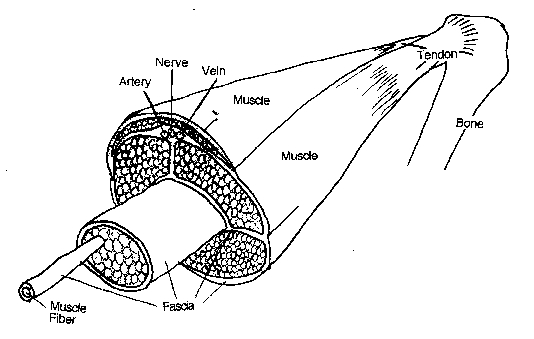"Sometimes it is necessary to reteach a thing its loveliness
. . . until it flowers again from within, of self-blessing." (From St. Francis and the Sow a poem by Galway Kinnell.)
I am recalling a beautiful, auspicious dream in which I was in a session of Rolf Structural Integration with a very young client.
He was a handsome blond boy, around five years old. Old enough to communicate accurately, but still immature like you'd expect a five year old.
The session was being observed by some other, more senior practitioners. But I established my prerogatives with them, that they were to observe and support, and that I would do the work.
The boy expressed some fear about maybe not liking what we were going to do. As I washed my hands getting ready to work, I joked that it would be even worse than he thought. I don't know why I said that, except sometimes you can break the ice going into someone's worst fears, rather than being patronizingly reassuring. He started to cry, and that touched me deeply. I sat next to him as he lay on the padded table and held and kissed his head in a chummy sort of way, comforting him and telling him I was joking and that we would work together, that I wouldn't do anything that he didn't want. That entire transaction seemed to establish a good rapport between us. (In my work with clients, rapport is key. There needs to be a framework of trust and confidence and clear communication.)
The session went on as a typical first session would, working all around the rib cage and the entire torso to release any restrictions that could limit the full action of the breath; also working with movement and touch to train the rib cage, shoulders/arms and legs/pelvis to move in economical and aligned patterns.
When the boy stood up after the session he was aglow. Like some spiritual light had been lit. Beaming and ecstatic. Thanking all of us in the room for his discovery of himself. He looked like someone eager and enthusiastic to continue into the next moment of life. Wonderful.
Afterward, my teacher from several years back when I first was certified as a Rolfer® said to me, "That was beautiful work."
I knew it was well done from what I could see for myself and the report of our young friend. But, it was a powerful affirmation, especially coming from an expert in the field. She wasn't one to throw compliments or praise readily. It was a significant statement. It reminded me of why I am so enthusiastic in my life's calling; and that, indeed, I do beautiful work.
________________________________
There was another earlier dream in which I was in charge of giving Ida Rolf herself a Rolfing® session. No sooner was she lying on the cushioned table when she was giving orders on where and how to work.
I trained just after Dr. Rolf passed away. But her spirit was conveyed very clearly to me by her original teachers and through the work itself. She was not the least shy about telling you how it was. Especially about the work that she originated.
I mark it as a sign of passage that in that vivid dream I kindly but firmly told dear Ida to not say anything, that I would proceed with the work based on what I saw needed to be done.
(After all, clients don't come to see me to rehash what they already know. The practioner provides another point of view, fresh insight if you will.)
Now, Dr. Rolf, take that.
And, my sincere great gratitude for your genius and the gift you gave me.



